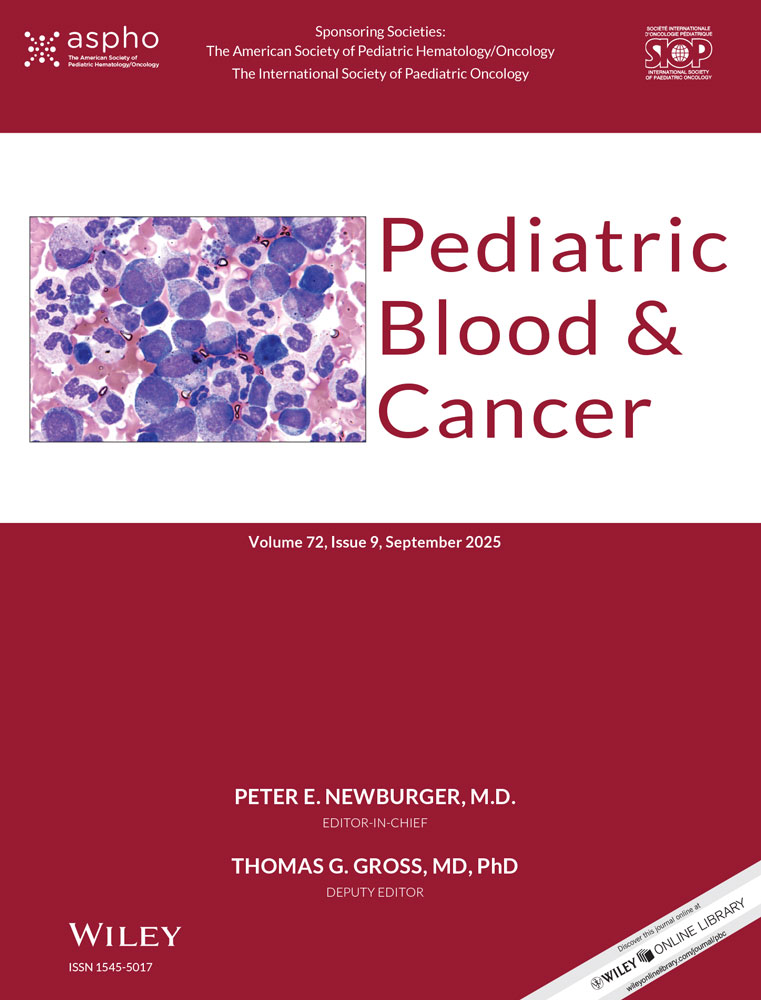A phase II trial using thalidomide for Langerhans cell histiocytosis
Abstract
Background
Few new drugs for treatment of Langerhans cell histiocytosis (LCH) have been studied. Tumor necrosis factor-alpha (TNF-α) is a prime therapeutic target since it appears to be present in elevated amounts in LCH lesions. Thalidomide inhibits TNF-α production by affecting the gene promoter as well as other anti-cytokine effects.
Procedures
A Phase II trial of thalidomide for treatment of LCH patients who had failed primary and at least one secondary regimen was conducted. Sixteen patients were enrolled: nine males and seven females ranging in age from 19 months to 45 years. Six patients were high risk (HR) because of spleen, liver, lung, or bone marrow involvement. The low risk (LR) patients included six with bone/skin LCH, one with multiple bone, one with skin/bone/pituitary, one with skin/bone/brain, and one with skin only disease involvement. Fifteen patients remained on treatment from 3 weeks to over 1 year.
Results
Among the LR patients there were four complete responses, three partial responses, and two with no response to thalidomide. No HR patient responded to thalidomide and all died of pulmonary, liver, or bone marrow failure. Thalidomide may have played a role in the pulmonary failure. Other toxicities that required stopping therapy included neutropenia, peripheral neuropathy, and fatigue.
Conclusions
Thalidomide is an effective therapy for some LR patients with LCH, but showed no significant responses in HR patients. Dose-limiting toxicities may reduce its efficacy in LR patients. Additional trials with improved anti-TNF therapies would appear warranted. Pediatr Blood Cancer 2007;48:44–49. © 2005 Wiley-Liss, Inc.




